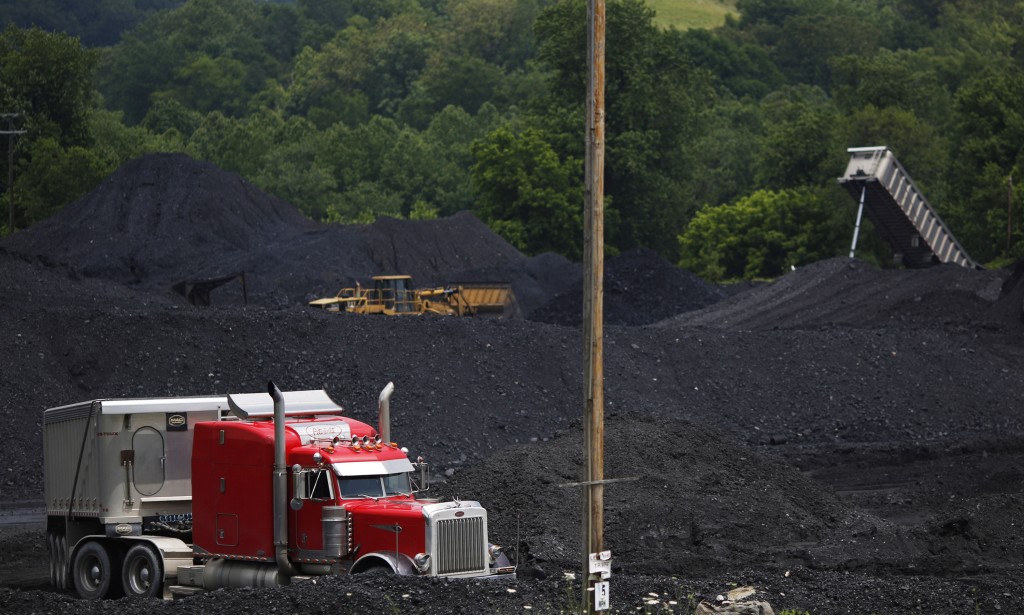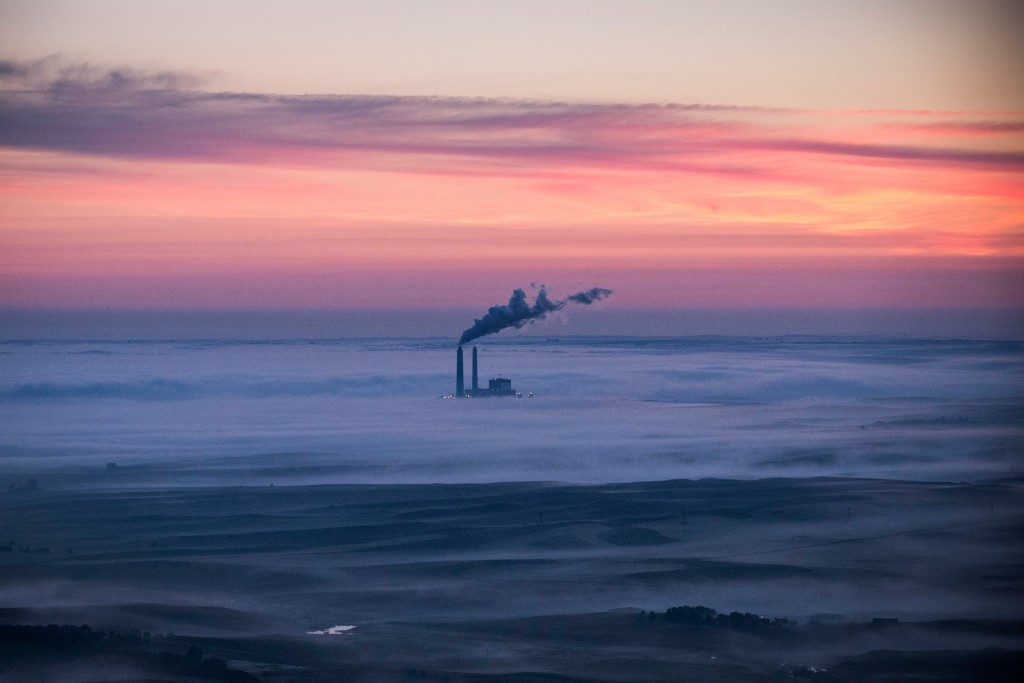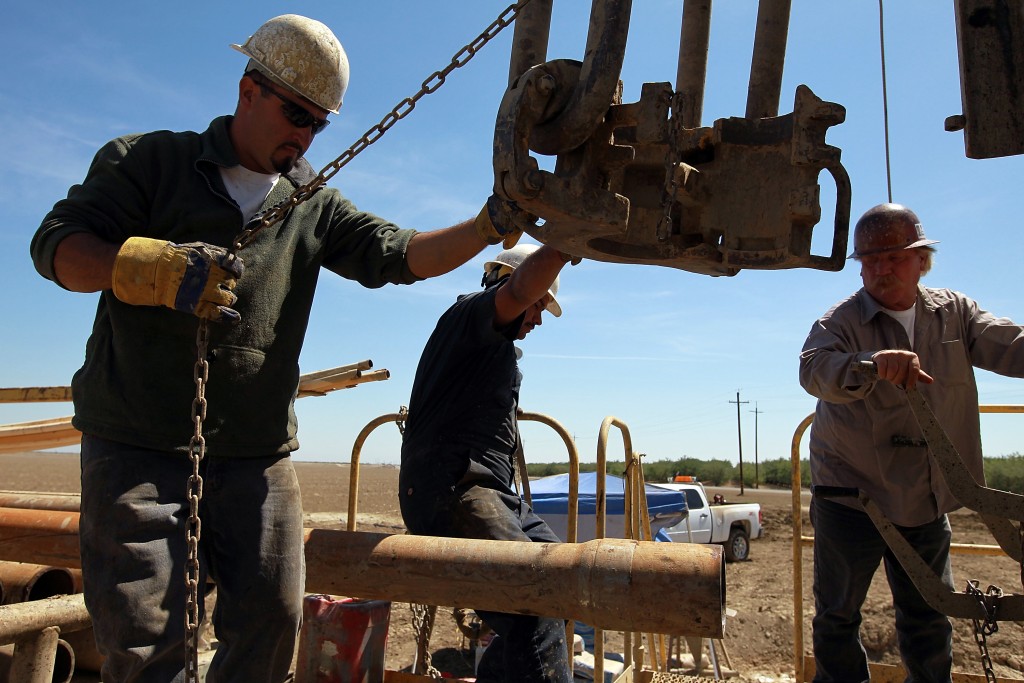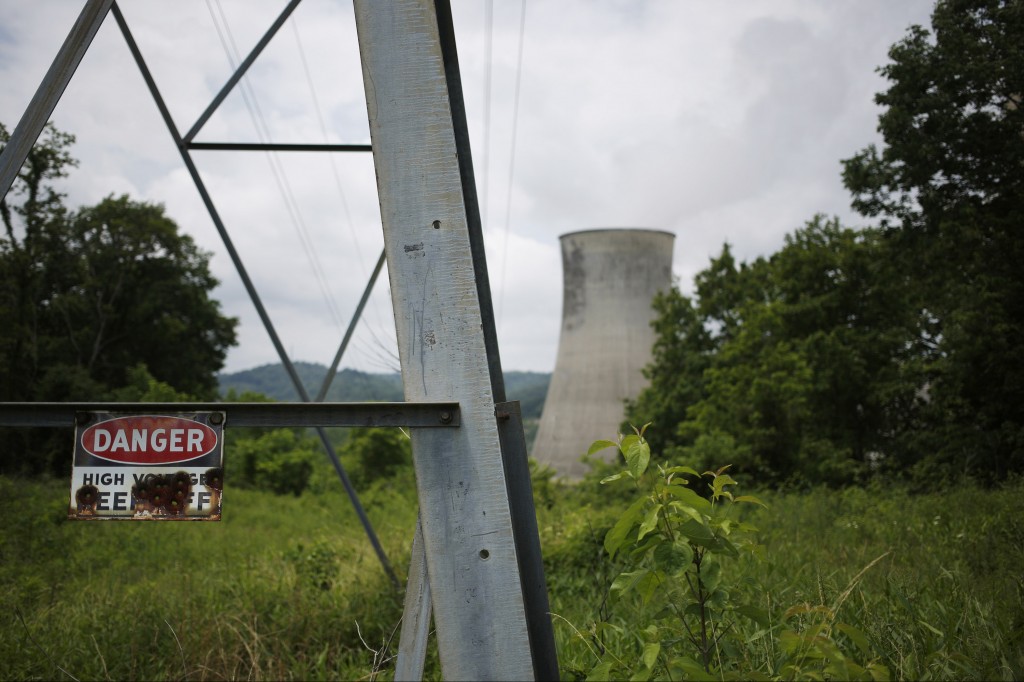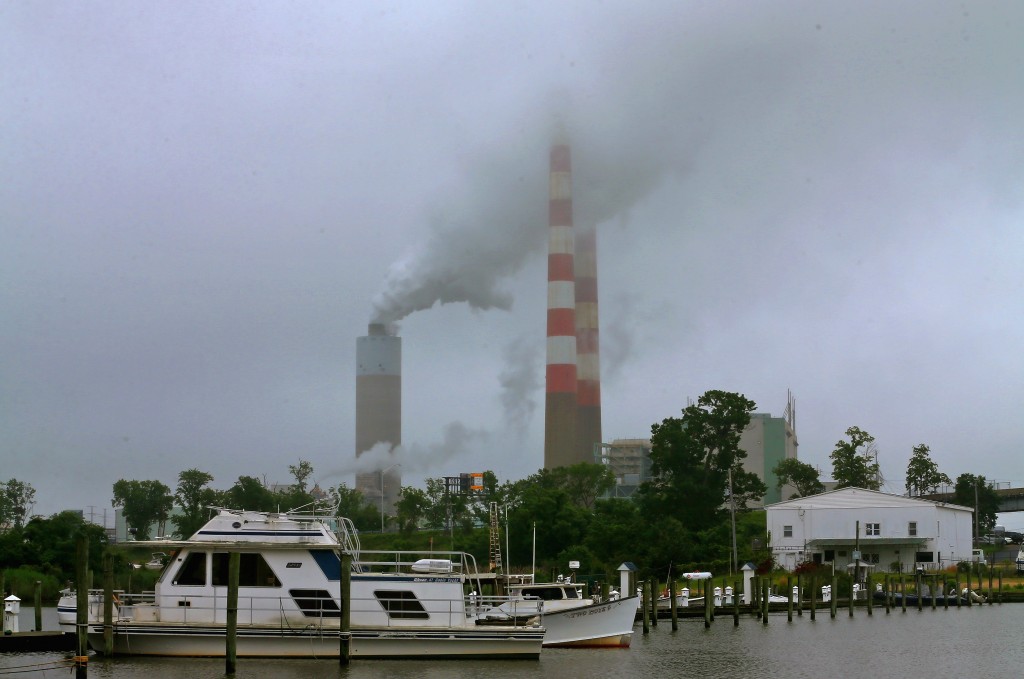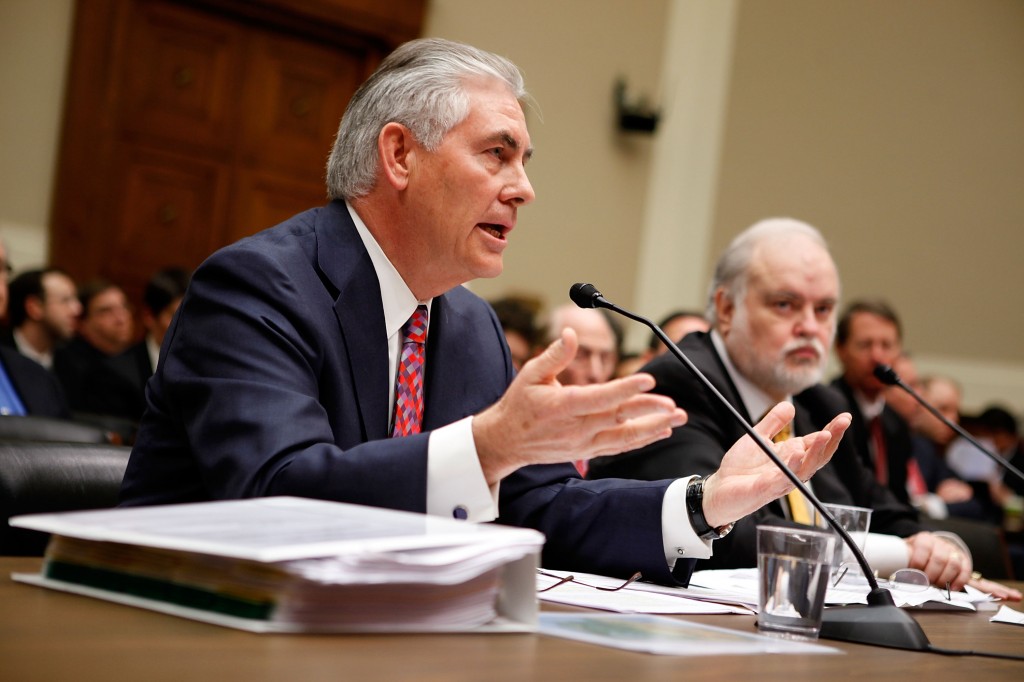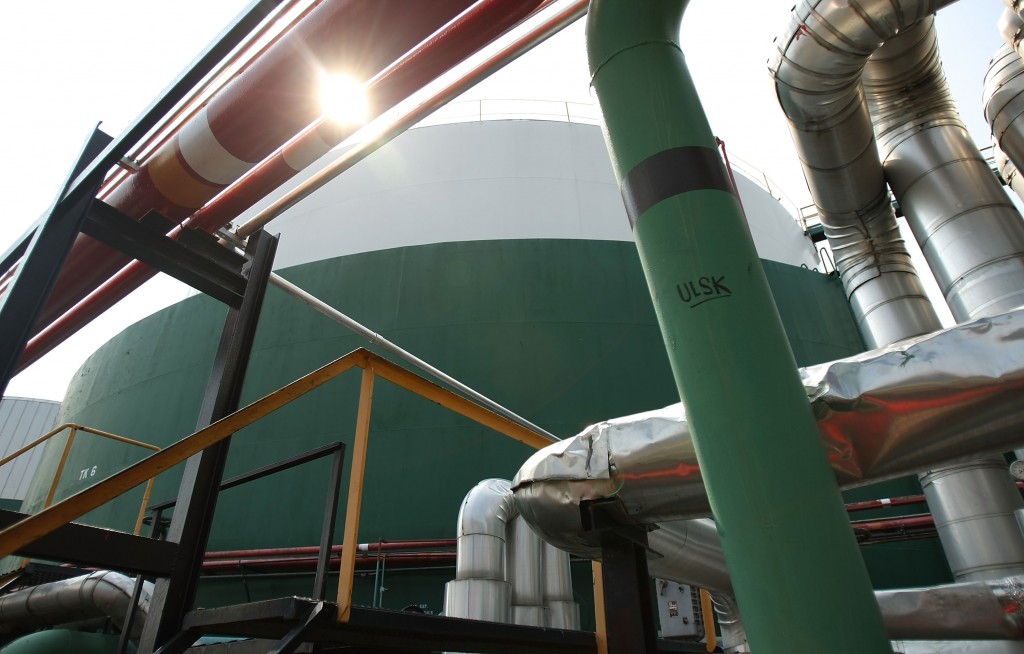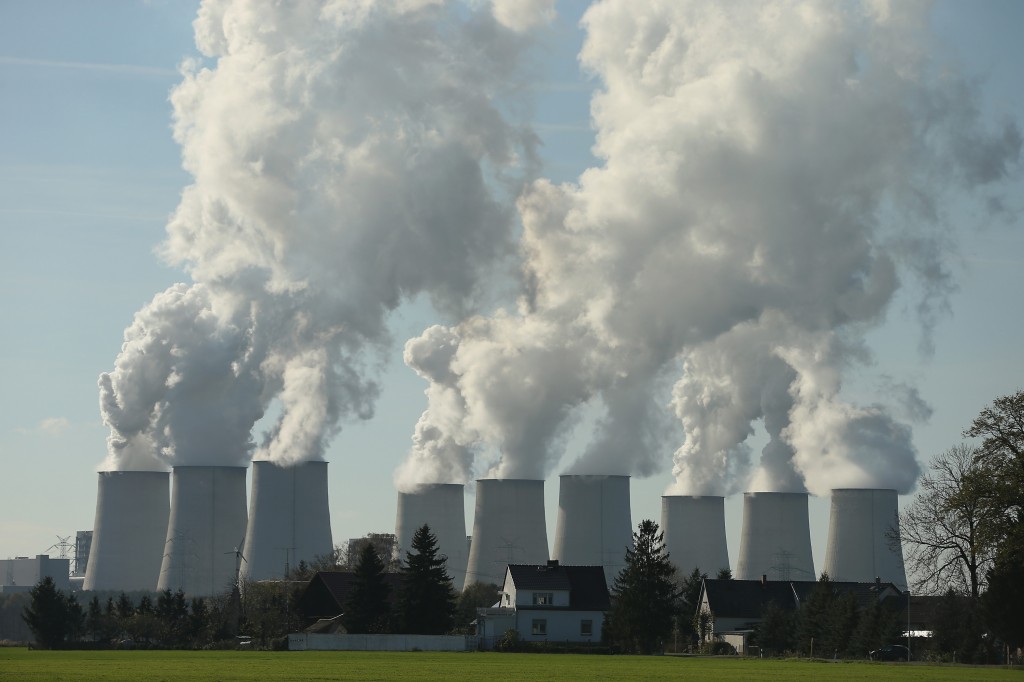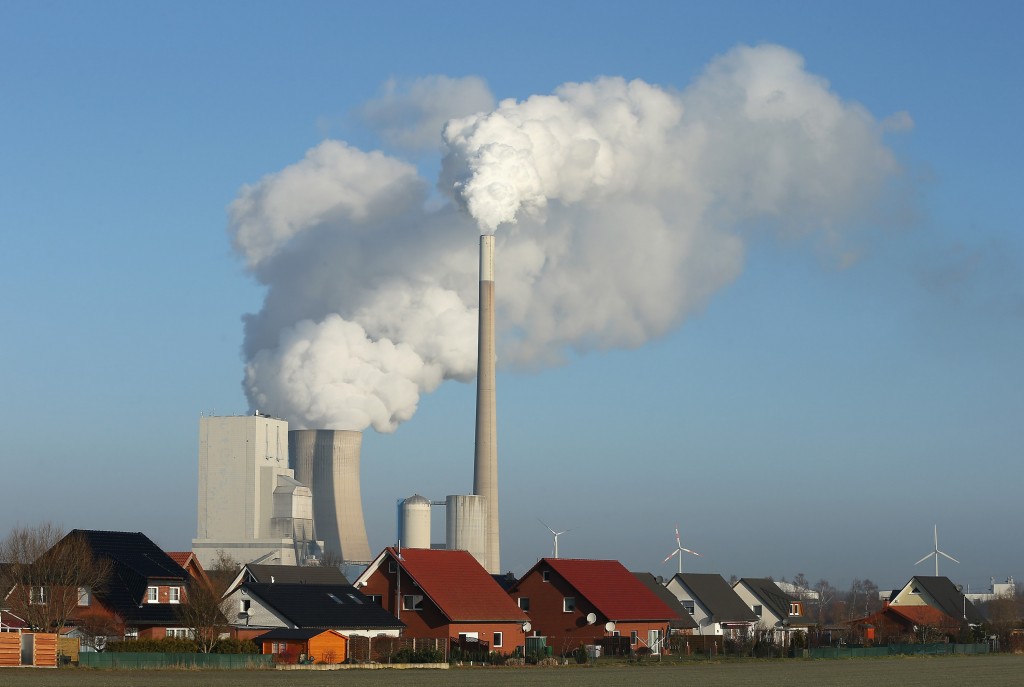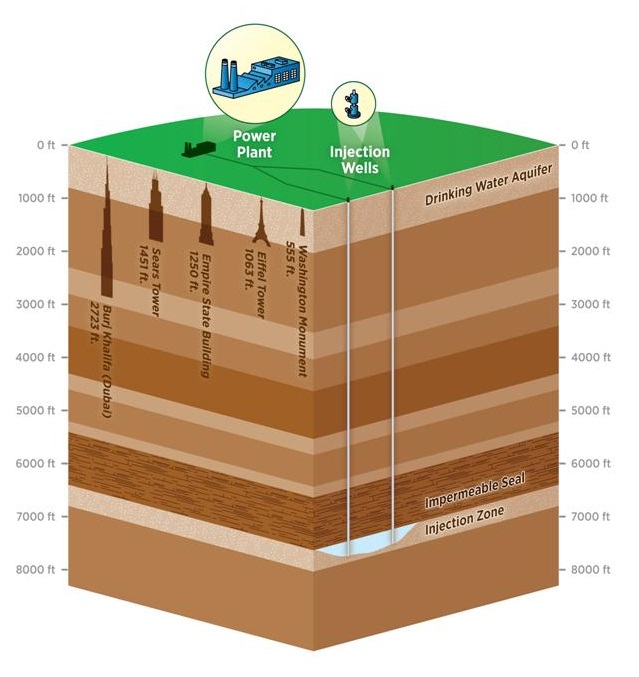The Environmental Protection Agency (EPA) recently proposed new carbon emission standards for fossil fuel power plants under the Clean Air Act (CAA). The rules for new-build power plants fall under Section 111(b) and are known as the New Source Performance Standards (NSPS). This should not be confused with Section 111(d) that regulates existing power plants.… Keep reading →
Carbon Capture and Sequestration
Will the EPA’s New Carbon Rule Survive Judicial Challenge?
By Edward DodgeSign up and get Breaking Energy news in your inbox.
We will never sell or share your information without your consent. See our privacy policy.NEORI, the National Enhanced Oil Recovery Initiative is organized and staffed by the Center for Climate and Energy Solutions (C2ES) and the Great Plains Institute. NEORI has authored a series of innovative policy proposals to promote the use of carbon capture and sequestration, CCS, to provide much needed CO2 for use in enhanced oil recovery,… Keep reading →
In the past I have been extremely skeptical of carbon capture and sequestration, CCS, but recently my opinion has evolved based on the sober conclusion that hydrocarbon fuels simply are not going away. Both supply and demand for coal, oil and gas continue to grow globally along with their carbon emissions and dangerous impacts on… Keep reading →
After analyzing the EPA’s ‘Clean Power Plan’ proposal for the Scientific American, David Biello aptly concludes that in order “to burn coal or even natural gas without exacerbating global warming requires CO2 capture and storage whether in India or Indiana. The EPA, because of the cost of such CCS technology, will not go that far.”… Keep reading →
Opinion: EPA Acknowledges CCS Potential but Fails to Create Right Investment Incentives
By Roman KilisekIn general, when discussing global progress on climate change the ideas often floated with respect to the structure of regulating carbon emissions from fossil fuel-fired power generation have two starting points: They either propose a carbon tax on emissions (e.g. Australia before July 1, 2014) – meaning that a price is basically set for the… Keep reading →
Energy News Roundup: Consuming Exxon’s Oil, Rossiya Bank Enters Crimea and CCS Pilot Announced
By Jared AndersonHere’s an interesting discussion of ExxonMobil’s involvement in the “stranded asset” debate. Robert Rapier seeks to clarify Exxon’s worldview and the company’s response to recent climate action shareholder resolutions. He asks, how much time per day do you devote to planning how you’ll spend your lottery winnings? “You may fantasize about what you would do… Keep reading →
One of the biggest hurdles biofuels need to overcome is replicating the energy density of liquid transport fuels at lower cost. It’s been said that a scientist will never say something is impossible given unlimited funding. Unfortunately, the most brilliant theoretical energy innovations remain confined by economic realities. Breaking Energy recently covered the potential for… Keep reading →
In 1990, President George H.W. Bush signed into law an amendment to the Clean Air Act that mandated emissions reductions of the harmful pollutant sulfur dioxide, SO2, from coal-fired power plants. The government did not instruct industry how they were to achieve the reductions, but merely that they were required to. A novel system called… Keep reading →
DOE to Provide $1B Funding for CCS-Integrated Coal Power Plant
By Energy Solutions ForumDOE will provide $1B financial assistance for the FutureGen 2.0 Project, the world’s first commercial-scale, oxy-combustion electric generation project with CCS technology. On January 15, 2014, the Department of Energy (DOE) announced its decision to provide approximately $1B in cost-shared funding to FutureGen Industrial Alliance for its $1.68B FutureGen 2.0 Project, a private-public partnership established… Keep reading →
EPA Issues Final Geologic Carbon Sequestration Regulations
By Energy Solutions ForumEPA has issued final Resource Conservation and Recovery Act (RCRA) regulations to conditionally exclude carbon dioxide (CO2) streams in geologic sequestration activities from the definition of hazardous waste. On January 3, 2014, the Environmental Protection Agency (EPA) issued final revisions for hazardous waste management under RCRA to conditionally exclude CO2 streams from the definition of… Keep reading →
